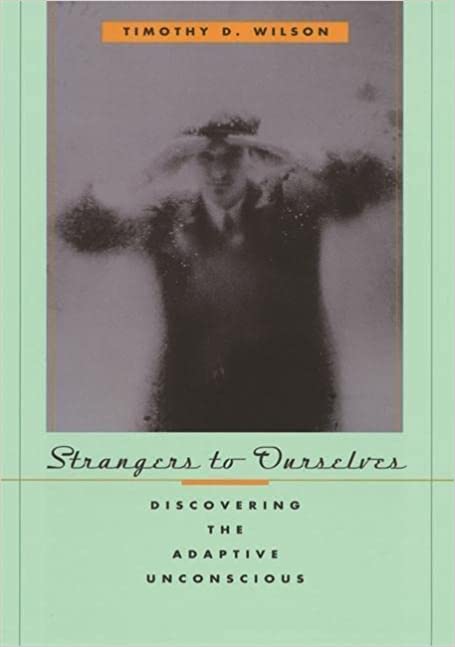Description
This is not your psychoanalyst’s unconscious. The adaptive unconscious that empirical psychology has revealed, and that Wilson describes, is much more than a repository of primitive drives and conflict-ridden memories. It is a set of pervasive, sophisticated mental processes that size up our worlds, set goals, and initiate action, all while we are consciously thinking about something else.
If we don’t know ourselves-our potentials, feelings, or motives-it is most often, Wilson tells us, because we have developed a plausible story about ourselves that is out of touch with our adaptive unconscious. Citing evidence that too much introspection can actually do damage, Wilson makes the case for better ways of discovering our unconscious selves. If you want to know who you are or what you feel or what you’re like, Wilson advises, pay attention to what you actually do and what other people think about you. Showing us an unconscious more powerful than Freud’s, and even more pervasive in our daily life, Strangers to Ourselves marks a revolution in how we know ourselves.







Reviews
There are no reviews yet.